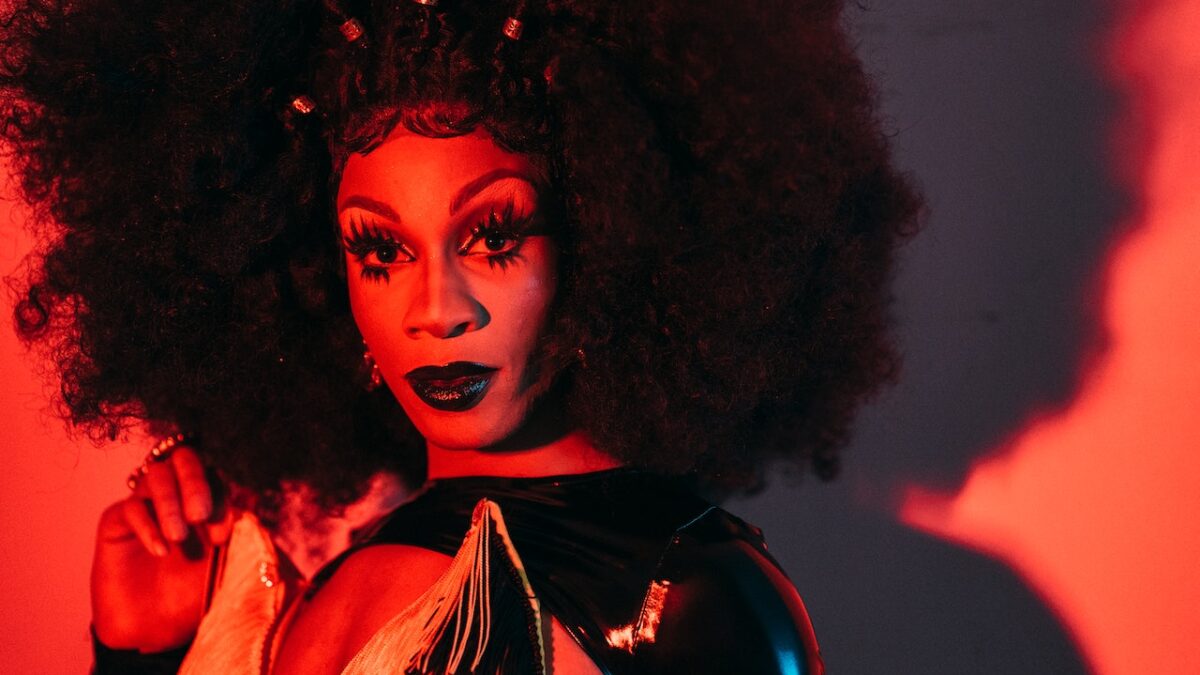
People take common sense precautions against crime all the time. We lock the doors to our house. We lock our cars. We carry wallets in hard-to-reach places. In the context of sexual violence against women, however, talk of prevention is unwanted. Fury against any suggestion that women should take precautions against rape cycles though culture debates every few months.
Even if the statistics are overestimated, rape remains a far too common problem for women. And for foreseeable problems, as the old proverb says, ‘an ounce of prevention is worth a pound of cure.’ And so, commentators offer preventative advice on rape—to howls of protest. James Taranto prompted the latest clamor with his Best of the Web installment, Drunkenness and Double Standards. Dear Prudie of Slate and Mia Freedman of MommaMia in Australia prompted two cycles last Fall.
The furious assume precaution will become the foundation for victim blaming; that if a woman, for instance, walked alone in a dark alley then she was ‘asking for it.’ History of rape prosecution bears some blame for this rape-prevention aversion. U.S. courts used to accept testimony on how a woman dressed or where a woman went as evidence of consent. That was decades ago, and now most states have laws completely reversing the assumption of consent, most notably that an intoxicated woman cannot give consent.* But the cultural memory is still strong on this point.
Surprisingly, vocal women’s advocates make the jump from prevention to fault themselves and irrationally and irresponsibly expose women to predators. To emphasize that women bear no responsibility for rape, they discourage and ridicule any advice about prevention and leave women with only after-the-fact, legal recourse.
Yasmine Nair, a feminist activist with a critical voice, summed up the problem in a book review of Yes Means Yes: Visions of Female Power in a World Without Rape”:
Yes Means Yes rests at the nexus of two ideological points. One is a liberal feminism so battered by decades of right-wing sexism that it spends all its energy reacting to the same instead of questioning how it might have become part of the problem. The other is a burgeoning domestic violence/rape counseling industrial complex compelled to paint its clients solely as pathetic victims in order to get funding. The one supplies the earnest foot soldiers for the other. Many of the writers work in women-oriented non-profits, but very few see the pitfalls of their work. An exception, Chicagoan Lee Riggs, writes of leaving rape crisis work because she felt “drained … within a framework that positioned the criminal legal system as the primary remedy for sexual violence.”
Mean Girls Talk About Rape Prevention
In Verily magazine, Emily Esfahani Smith wrote about mean girls; that is, some women’s tendency to girl-on-girl competition and sabotage. Her article focused on woman-on-woman workplace competition, but she started with a story of a co-ed who was publicly raped and then ridiculed, shamed, and expelled from her sorority.
How the sorority treated the girl after the rape is completely unacceptable. Instead of ridicule they should have offered support. But what would have happened if they had offered prevention advice?
A longer time ago than I care to admit, I chaired the Standards Committee for my sorority, that dreaded committee that has the reputation of throwing the wet blanket on everyone’s fun and expelling women from the house, like in the Verily story. I had a young alumnae advisor who, starting with this event, became one of the most significant influences in my life outside of my mother. This was our first solidarity experience and the moment that opened my eyes to girl-on-girl sabotage beyond power women pressures.
One of the older members came to me to report that one of our younger members had been staggering drunk at a frat party the previous night. The young woman had gone door to door in a frat house, drunkenly asking for condoms. The reporter’s concern, which instantly became my advisor’s and mine, was the danger to the young woman. Horrors came to mind, the drunken guy that pulls her into the room, the successful acquiring of the condom and return to her date’s room, only now with an audience following, a guy’s erroneous assumptions about willingness at a future party…
When the she came to the house that night (or I might have called her over, I can’t recall), we met with her in the closed parlor. We didn’t harp on the house’s reputation. We talked about her safety. We didn’t tell her any rape would be her fault. We told her we wanted her to be able to get up and walk away should any man assume too much. Still, as you might imagine, she was mortified. There were many tears. That we expected. We thought we were supportive. We hoped she’d be more cautious in the future.
When we were done, she wanted to go upstairs and talk to a friend. I drove my advisor home as she had walked to campus but it was now dark—prevention, you know. When I got back, two very angry sisters met me at the door. They asked me to their room where three more angry sisters waited. They wanted an explanation. They were furious with me. How dare I confront a young woman about such a matter, they demanded.
I was the mean girl. I was the bossy, wannabe-queen bee imposing my moral code on other women. I’m almost certain that is an exact quote but too much time has passed for me to be sure.
Eventually, we agreed that I should have been more discreet–meeting with the the standards chair and her advisor in the parlor got tongues wagging. We certainly tried to be more discreet in the future. But it was the “How dare you!” that has stuck with me all these years. How dare I? How dare they! I’ve listened to women describe instances of drunk rapes, how they wake to rhythmic movement and how it takes some foggy moments to even figure out what’s happening. How some of the men stop. How some don’t. Its not an uncommon story for modern women to have to tell. And reassurances of “it wasn’t your fault”—no matter how true—don’t stop the nightmares. I’ll dare and dare again if it means a chance of sparing a woman that kind of hurt.
Any woman who allows ideological dogma to sway her from giving preventative advice, that’s the real mean girl.
Just Teach Men Not to Rape
The trendy retort from feminists lately is “Teach men not to rape.” Women wouldn’t need prevention strategies if men didn’t attack them. True, but aggressively naive.
Assume for a moment that we could achieve a rape-free world through teaching and that we started today. How many women will we sacrifice to prevention-shouldn’t-be-
Now dismiss the naiveté. We do teach men to not to see women as conquests. Some refuse to learn; they want the conquest. [Warning: difficult reading of planning sexual assaults.] We also have social norms that discourage rape and laws that forbid it. Still, laws are broken. Regardless, for those who do learn, we nonsensically rail against them for being patronizing. “Teach men not to rape” is just one of those lovely sounding, unachievable sentiments often invoked in the pursuit of a utopian mirage. Like all quests for utopia, we are left exposed to the very sufferings the imagined land is supposed to lack.
To shun rape prevention for women is to expose countless women to violation. That we do this to dream of a better world is a foolish and cruel irony.
*The use of legal recourse as the main defense against male on female rape has brought a rise in false accusations. Coupled with the changes in consent law— the details will vary by jurisdiction, but generally, if the prosecutor shows intoxication and sexual contact, then a rape verdict is easy—men can have their lives ruined by an instance of drunken sex. Just as women need prevention advice against rape, men need prevention advice against false accusations. Lucky for them, the advice is simple: men should never engage in any sexual contact with an intoxicated woman.









